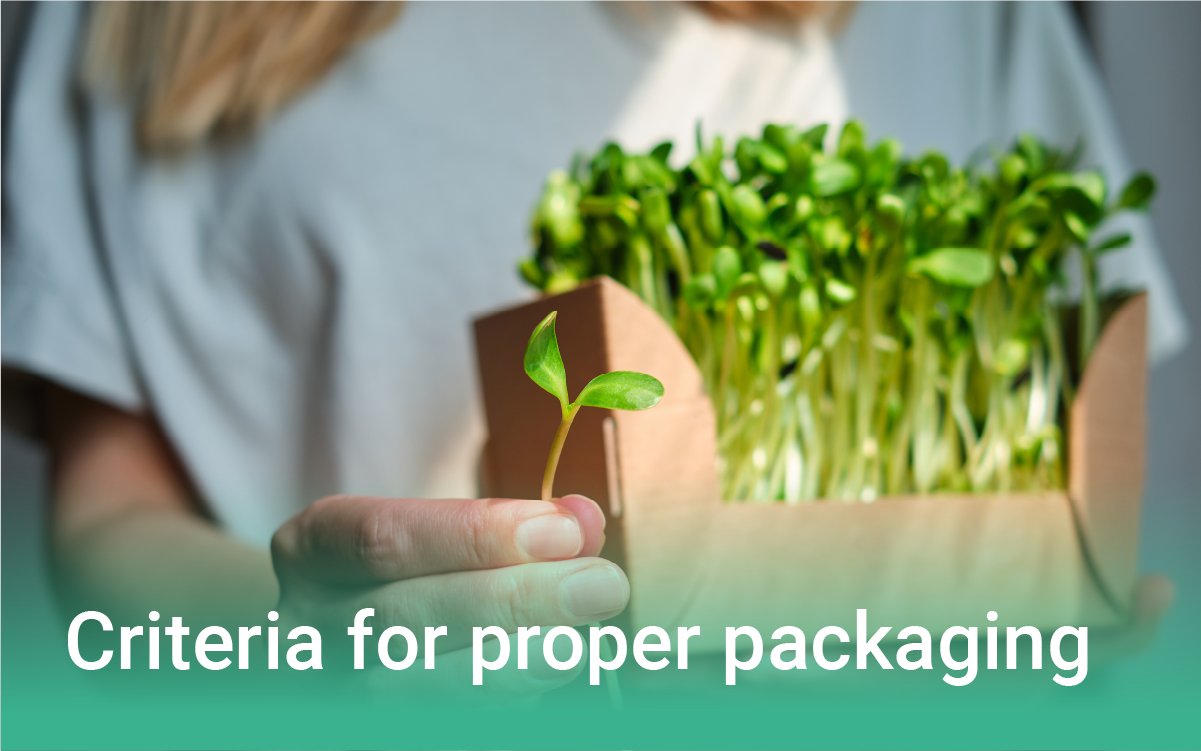Insights from Albin Kälin, EPEA Switzerland GmbH
In this article, Albin Kälin, founder and owner of EPEA Switzerland GmbH, talks about the success story of Cradle to Cradle® products, the circular economy, and the new possibilities with ALFAPURA® adhesives.

Albin Kälin is the founder, owner, and CEO of EPEA Switzerland GmbH. He was the first-ever to implement a Cradle to Cradle® product, winning several prizes for the patented and revolutionary textile “Climatex®”. In 2005 Albin Kälin was appointed as CEO of EPEA Int. Umweltforschung GmbH in Hamburg and 2 years later founded and took position as CEO of EPEA Nederland.
He successfully realized Cradle to Cradle® concepts and products within the industry and built EPEA’s strategy for the future. In 2009 Kälin founded his own company to implement Cradle to Cradle® projects with a global team of industrial experts. EPEA Switzerland GmbH is an accredited assessor for the Cradle to Cradle Certified® certification.
What is the Circular Economy?
Circular economy means designing the products in such a way that the raw materials used can be maintained in quality over several life cycles without being toxic. This kind of thinking contradicts the linear thinking which we have been growing up with. In the system of linear economy, raw materials are lost, whereas the circular economy changes the economic value chain and lays its focus on sustainability and eco-friendly materials. In short: Cradle to Cradle® is the “Champions League” and embodies the vision for a “safe and circular future”. There are three different aspects of flows within a circular economy which are enabling to make the process more transparent than ever before:
- Material flows that are secure and cyclable (“waste = food“ zero waste)
- Information flows creating a transparent supply chain network and to close the loop enable take-back systems and reintegrate the materials into the industrial supply chain
- Financial flows, in a transparent supply chain maintaining the value of safe non toxic raw materials, which are preserved and not eroded in price via downcycling
Circular economy means designing the products in such a way that the raw materials used can be maintained in quality over several life cycles without being toxic

Explanation about technical cycle
Durable goods (televisions, cars, synthetic fibers, etc.) are dismantled into technical nutrients once they have fulfilled their function, thus enabling the production of new consumer durables. The user or consumer only uses the particular service, for example, television reception. The safe materials are retained in the technical cycle via take-back and recycling systems.
Explanation about biological cycle
Expandable goods (natural fibers, cosmetic products, detergents, etc.) are designed to be reused repeatedly in the biological cycle. For this purpose, they are decomposed into biological nutrients to promote biological systems such as plant growth. The raw materials and substances that grow back form the basis of new products.
ALFAPURA® adhesives safe for biological cycles
Now that we learned about the differences between the biological and the technical circuit, it becomes obvious that ALFAPURA® adhesives are designed to be safe for the biological cycle. Common belief would therefore suggest that these products are also compostable, but as Albin Kälin explained does compostable not automatically imply that a product is eco-friendly and safe? To be considered for a C2C Certified Material Health Certificate(™️) Certificate, a product has to be cyclable which means there is no waste. Moreover, all ingredients must be scientifically evaluated by accredited auditors according to the globally acknowledged methododology Material Health Assessment ABC-X. Besides material health and circularity, renewable energy, CO2 management, water, and social fairness are assessed and evaluated.
In practice, this means that the ALFAPURA® adhesives do not have to be disposed of as toxic waste, but rather can be reused and kept in cycles. This explainsthe fact that any used chemicals are safe and must not be cancerogenic, mutagenic, or harmful to reprotoxic. On top of that, all ingredients are eco-friendly and safe for the biological environment. The adhesives are used in various fields of application such as hygiene products, packaging, textile, printing, and wood industries. Different products of ALFAPURA® have been developed for different applications.
What are the advantages of switching to recyclable products?
First and foremost, a significant contribution to environmental protection and resource conservation. In the longer term, we see a new generation of consumers who want to consume in an environmentally conscious way and prefer environmentally friendly products also in environmentally friendly and circular packaging. We are convinced that packaging manufacturers will also create a significant market advantage in the future if they can offer certified, recyclable products.
What is your conclusion?
Many certified materials such as printing ink or paper are already available in the packaging sector. The way to recyclable packaging is getting easier and easier and with ALFAPURA® we provide another piece of the puzzle for this. We hope to be able to support many new manufacturers and together create a future with circular packaging. Our children and grandchildren will be grateful for this.
Secure your personal appointment
Do you need support or advice? We love to share our know-how. Schedule your appointment now!
Read more articles
Eco-friendly materials for your products
Some people think that a material or a product can be either good quality or eco-friendly, not both. But why should more sustainable ingredients generally be less powerful?
How to achieve sustainable packaging
Today consumers and politicians alike are asking for sustainable and reusable packaging – this can be quite a challenging demand to respond to for many companies. In this article, we will show you how to approach this question.
Cradle-to-cradle certified®: How to get started
Design a Cradle-to-Cradle Certified® product with ALFAPURA® and show your customers that you care about the future. All ALFAPURA® adhesives are designed for simple implementation and usage.




